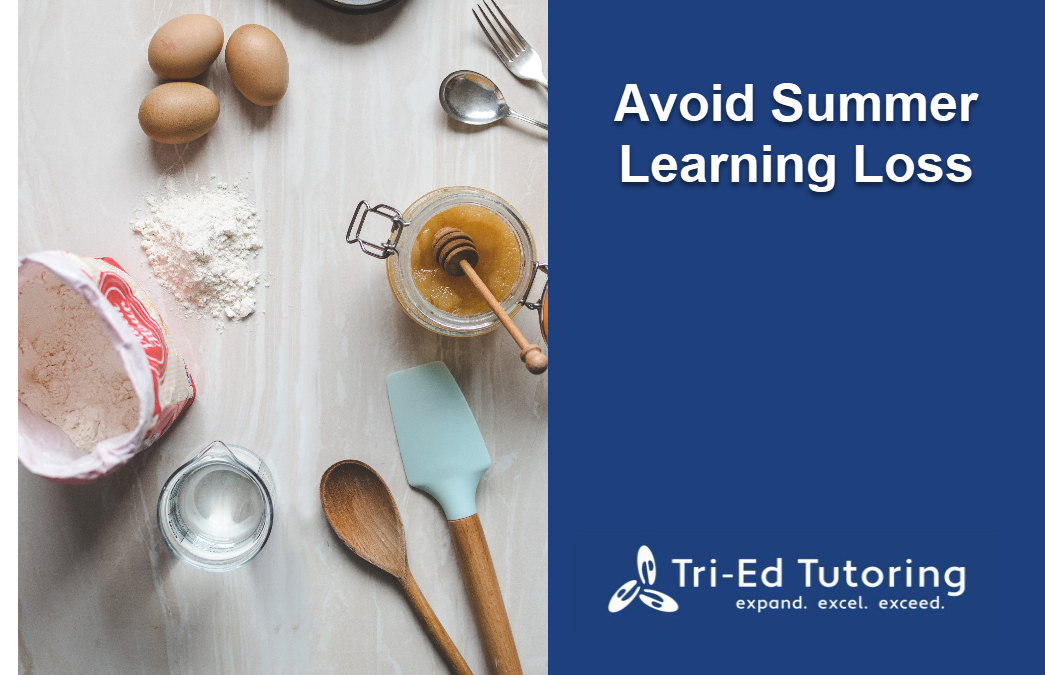Past researchers have identified a consistent trend of learning loss over the non-instructional summer months with a decline in academic achievement during summer months. They note a steeper decline for math than reading, and a greater learning loss for students in higher grade levels. What we can take from this research is that students must continue to have educational experiences during the summer. Parents and students often hear the word educational and think “boring” but there are many educational experiences that can be a lot of fun.
- Libraries: For younger students, story times and craft times are available at the public libraries. They often also have reading programs to encourage summer reading.
- Museums and Parks: All age groups can enjoy the museums and parks available locally. Up the educational benefit by getting a little creative. Have students research and journal about what they would like to learn before they go or write about their favorite part of the trip when they return home. Before going to the park, create a scavenger hunt of things you may see on a nature walk.
- Around the House: Cooking is a great time to talk about the applications of fractions. Grocery lists can provide an opportunity for writing for students and doing the shopping provides an application for discussing budgeting, needs vs. wants, and measurements (such as weighing produce).
- Games: Almost anything can be made into a game.
- Cards: With most of my math students, I keep a pack of cards in my bag. When we have some down time, I will take out the face cards and play a game with them. For example, you can deal the cards. Each player flips two cards. The player whose cards add up to the highest sum gets to keep the cards. For older elementary students, you can change the game to multiplication. For upper elementary or middle school students, the game can be modified again to create fractions.
- Mental Math: On a long car ride, challenge your students to a competition of mental math. Pick a number that is not a perfect square and see who can get closest to the
square root. You and your child each choose a two digit number and see who can multiply them the fastest. Another game is to use only the numbers from the year that we are in, see how many of the numbers from 1-100 you can make. Any operations can be used. For example, you could use 2009 to make 11 by adding 2+0+0+9. Or you could get more creative by saying 20-09. More advanced math can be used for this game such as roots and exponents. For example, 1 can be made by √9 -2 +0+0. - Storytelling: For younger students, you can tell number stories to encourage math facts. For example, “On the way to the beach, we passed 3 cars and 4 trucks. How many total automobiles did we pass? While driving, we had to stop twice to let your brother go to the bathroom, three times to get gas, and three times to ask for directions. How many total stops did we make?” Encourage your students to also make their own stories for you to answer.
The idea is that educational opportunities can take place any time and any place with a little creative energy. For more ideas, feel free to contact Tri-Ed Tutoring. If you feel that your student would benefit from more structured instruction during the summer, contact us about how a private tutor may help.

